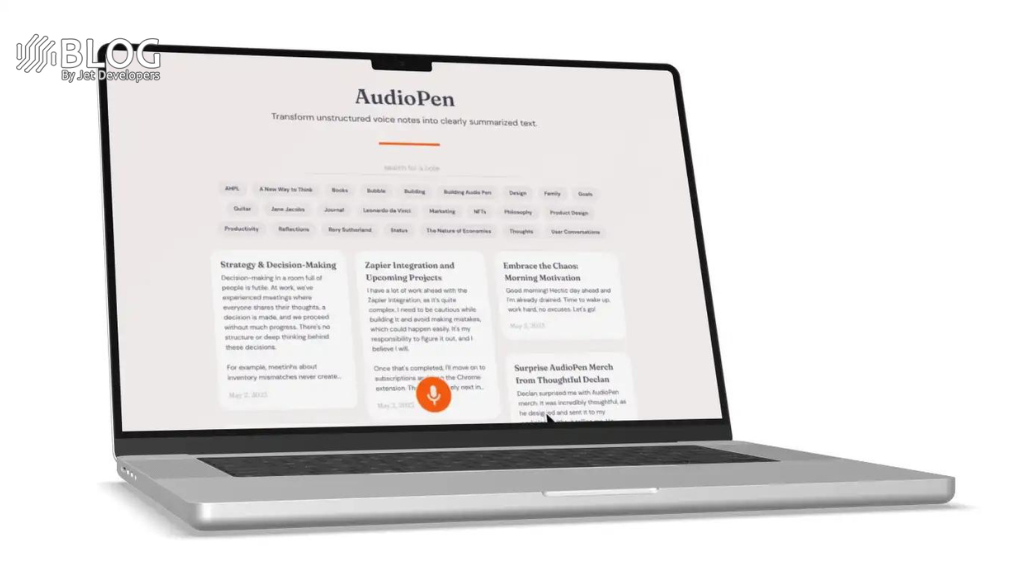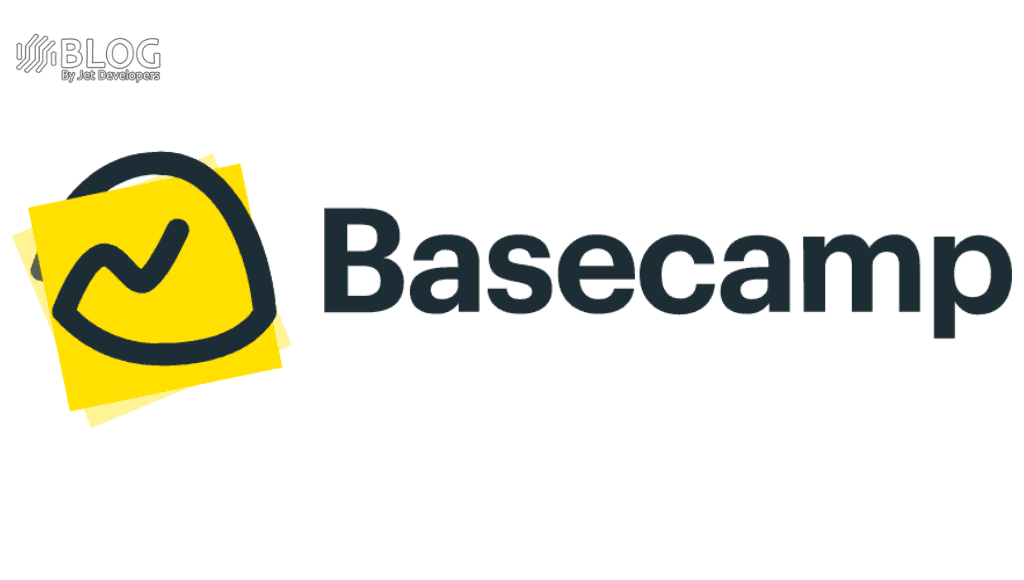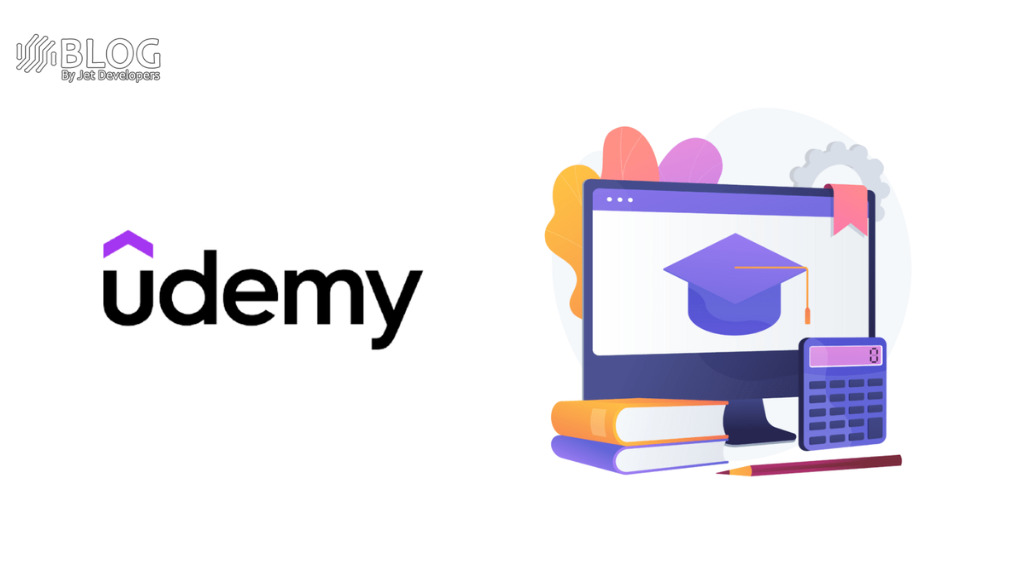In the vast landscape of note-taking applications such as Apple Notes, Google Keep, Obsidian, and Notion, AudioPen, created by developer Louis Pereira, offers a distinct focus on converting spoken words into well-organized text-based notes.
AudioPen, available as a web app, does not provide a native mobile experience. However, this web-based approach ensures its lightweight nature and compatibility across various platforms. The user interface maintains a simplistic design, allowing users to initiate recordings by simply tapping or clicking on the microphone button. When the recording is stopped, the app employs OpenAI’s APIs, particularly Whisper for transcription, to convert the audio into clean and accurate text.
According to Pereira, the initial motivation behind building the app was to experiment with OpenAI’s APIs. After receiving feedback from a select group of users, he released AudioPen as a standalone tool.
The app offers a free usage tier with certain limitations. Free users can record voice notes of up to three minutes in duration and store a maximum of 10 notes on the site without any cost.
For enhanced features and capabilities, AudioPen offers a premium plan priced at $60 per year or $120 for a lifetime pass. Paid users can record up to 15 minutes of notes and enjoy unlimited cloud storage for their notes. They also gain the ability to upload 30 personal audio files per month and download the audio of a note within an hour of recording. Additionally, premium users can assign tags to facilitate easy note retrieval.
While both free and paid users have the ability to edit transcripts, paid users gain the advantage of automatic summary generation within AudioPen. The app also allows users to select multiple notes on the same topic and create a consolidated “Super Summary,” which proves useful for research projects with numerous related notes.
Thanks to its utilization of OpenAI’s APIs, AudioPen unlocks a range of features including support for multiple languages, language translation, various writing styles, and the ability to import and rewrite old notes in different styles suitable for emails, essays, or to-do lists. These features are particularly beneficial for non-native English speakers, enabling them to capture thoughts in English without worrying about grammar and structure, as highlighted by Pereira’s own motivation to assist his father.
The paid subscription offers additional benefits such as improved note search, shareable images of summaries, enhanced formatting for recordings, customizable summary lengths, and the ability to pause recordings.
While being a web app presents certain limitations, such as the requirement of a stable internet connection for transcription, it is worth noting that iPhone web apps do not have permanent access to the microphone or camera. Therefore, users will need to grant permission each time they record a note.
In recent developments, Pereira released a Chrome extension for AudioPen, allowing users to capture notes from any tab without the need to visit the website. Furthermore, a writing style library was launched, enabling users to incorporate different styles into their note-taking experience. Pereira expressed intentions to enhance the note-sharing feature in the future.






